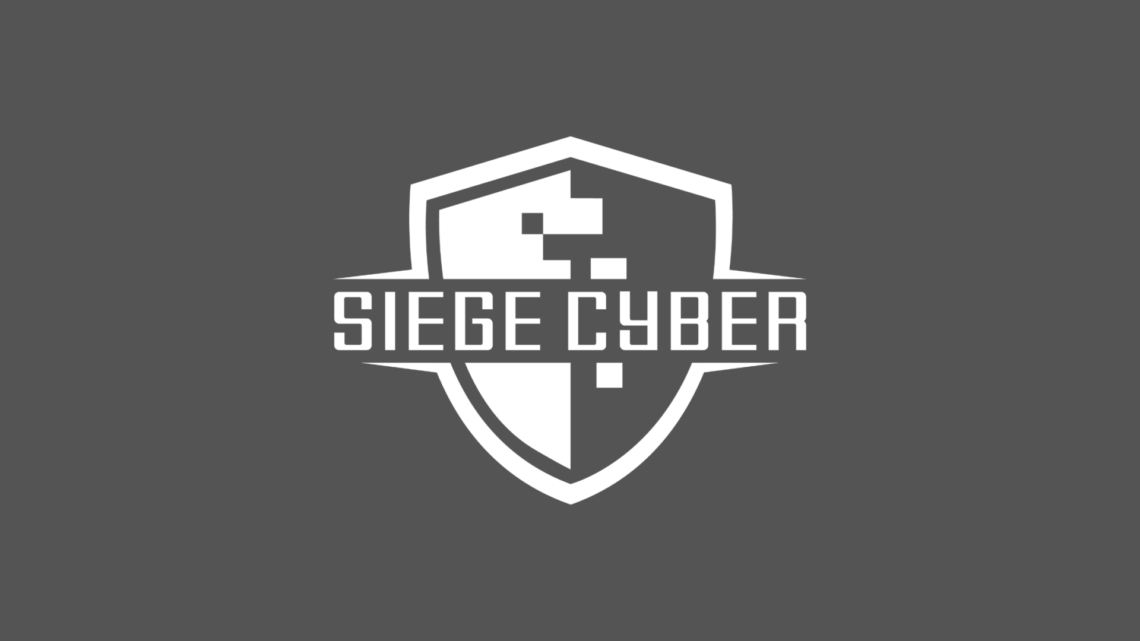
Ten Things You Should Know About ISO 27001
Ten Things You Should Know About ISO 27001
In today’s interconnected world, where data breaches and cyber threats are on the rise, organisations must prioritise information security. One of the most widely recognised standards for information security management is ISO 27001. Whether you’re an IT professional, security auditor, or a business leader, understanding ISO 27001 and its implications is crucial. In this blog post, we’ll explore the ten key things you should know about ISO 27001 and its significance in ensuring robust cybersecurity.
Introduction
With the increasing frequency and sophistication of cyber attacks, organisations must adopt comprehensive measures to safeguard their sensitive information. ISO 27001 provides a systematic approach to information security management, helping organisations establish and maintain effective controls to protect their valuable assets.
1. What is ISO 27001?
ISO 27001 is an international standard that sets out the criteria for establishing, implementing, maintaining, and continually improving an Information Security Management System (ISMS). It provides a framework for identifying, assessing, and managing information security risks within an organisation.
2. Benefits of ISO 27001
Implementing ISO 27001 brings numerous benefits to organisations. It enhances data security, reduces the risk of data breaches, ensures compliance with legal and regulatory requirements, and provides a competitive advantage by building trust with customers and stakeholders.
3. Key Principles of ISO 27001
ISO 27001 is built upon several key principles, including a risk-based approach to information security, continual improvement, and the implementation of appropriate information security controls.
4. ISO 27001 Certification Process
Obtaining ISO 27001 certification involves several steps, including conducting a gap analysis, risk assessment, implementing controls, and undergoing audits by accredited certification bodies. Regular audits and assessments are essential to maintain the certification.
5. Implementing ISO 27001
Implementing ISO 27001 requires a systematic approach. Organisations need to establish an Information Security Management System (ISMS), define roles and responsibilities, conduct risk assessments, and implement appropriate controls to mitigate identified risks.
6. Common Challenges in ISO 27001 Implementation
Implementing ISO 27001 may pose challenges such as resistance to change, resource allocation, and integration with existing processes. Overcoming these challenges requires strong leadership, effective communication, and a culture of information security awareness.
7. ISO 27001 Controls
ISO 27001 provides a comprehensive set of controls outlined in Annex A. These controls cover various aspects of information security, including access control, cryptography, incident management, and business continuity. Examples of important controls include encryption of sensitive data, regular security awareness training, and monitoring of security incidents.
8. Auditing and Maintaining ISO 27001 Certification
Regular internal audits are essential to monitor the effectiveness of the ISMS and identify areas for improvement. Continual improvement is a key aspect of ISO 27001, ensuring that the ISMS evolves with changing threats and organisational requirements.
9. ISO 27001 and Compliance
ISO 27001 can help organisations achieve compliance with other frameworks and regulations, such as GDPR, HIPAA, and PCI DSS. Implementing ISO 27001 provides a solid foundation for managing cyber risks and demonstrates a commitment to information security.
10. ISO 27001 and Compliance is not as hard as you think
ISO 27001 certification can take anywhere from 3 – 12 months, depending on the maturity of the organisation, and with the help of Siege Cyber, gaining your ISO 27001 certification is not as hard as it sounds.
Conclusion
ISO 27001 plays a vital role in protecting organisations from cyber threats and ensuring the confidentiality, integrity, and availability of their information. By implementing ISO 27001, organisations can establish robust information security management practices, earn the trust of their stakeholders, and stay resilient in the face of evolving cyber risks. Embrace ISO 27001 as a cornerstone of your organisation’s cybersecurity strategy, and safeguard your most valuable asset – information.